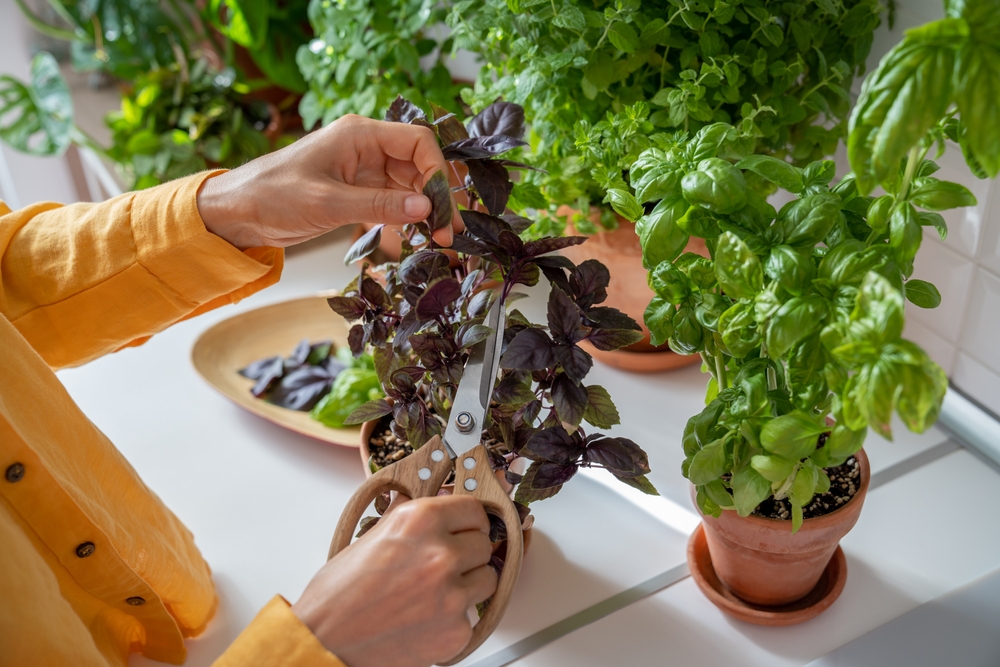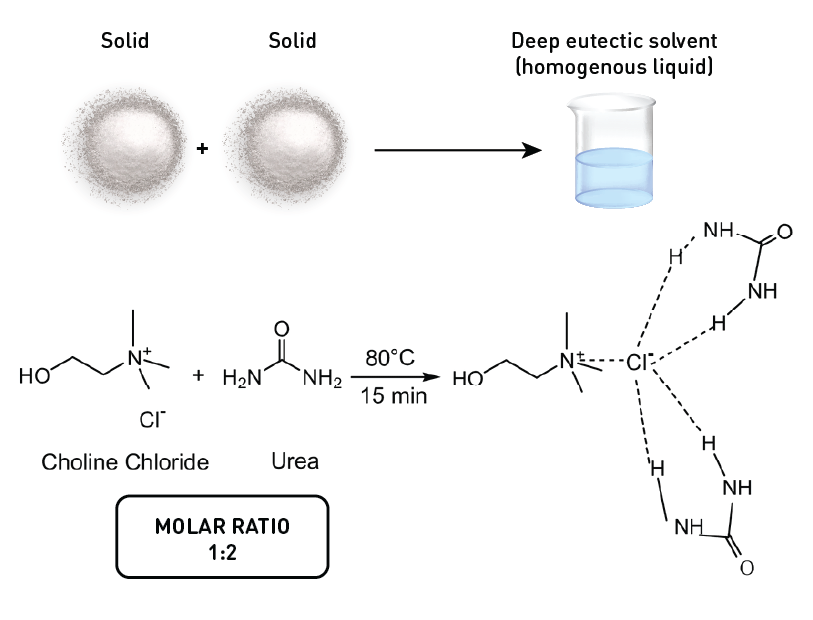You probably would have gone grocery shopping and faced the dilemma of buying produce labelled as “organic” or resorting to conventional produce, which in Malaysia is typically 50% to 300% cheaper than organic options. Organic foods have gained popularity amongst the public over the years, along with growing concern for a healthy lifestyle and the environment.
According to a September 2021 survey by Rakuten Insight, 69% of 9,270 Malaysian respondents said they buy organic food because they believe it is healthier or more nutritious. Many want the best for themselves and their family, but does a higher price signal superior quality? A deeper understanding of organic food and farming is vital to making a more informed choice.
What Does “Organic” Really Mean?
First, let’s decipher this buzzword you often encounter when purchasing food. According to the United States Department of Agriculture (USDA), factors evaluated in certifying foods as ‘organic’ include having grown on soil with no prohibited substances, such as most synthetic fertilisers and pesticides, applied for three years before harvest.
In addition, they should not have grown or handled using genetically modified organisms and are prohibited from having artificial additives with some minor exceptions. As for meat, they must be raised in living conditions accommodating their natural behaviours, fed 100% organic feed and forage, and not administered antibiotics or hormones.
With that being said, it is intuitive for many of us to be inclined towards purchasing organic foods as they undergo a more natural farm-to-fork process. However, do organic foods have a nutritional advantage, or is the hype merely a health halo effect?
Nutritional Value: Myth or Reality?
Experts generally indicate that we still lack evidence that organic foods have more substantial nutritional advantages than their conventionally produced counterparts. Nonetheless, a few widely-known studies support the nutritional advantage of organic foods, such as those showing that organic meat and milk are around 50% richer in beneficial omega-3 fatty acids and that there are 20–40% more antioxidants in organic fruits and vegetables. The aspect of nutrition aside, organic foods generally allow us to be less exposed to harmful substances such as pesticides, antibiotics and growth hormones.
Is Going Organic Always Necessary?
From a health perspective, purchasing only certified organic foods is unnecessary, especially if you are looking for budget-friendly options. For instance, the Environmental Working Group (EWG) (an American non-profit organisation focusing on environmentalism-related advocacy and research) have come up with their trademark list of 15 foods that are least contaminated by pesticides, such as onion, cabbage, and sweet corn which are called the Clean 15. For these foods, pesticide exposure is no different from non-organic-certified foods. They also published a list of 12 foods most contaminated by pesticides called the Dirty Dozen, for which it will be a better choice to go organic.
Another example of the negligible effects of non-organic farming is the use of recombinant bovine growth hormone (rBGH) in producing non-organic milk. Bovine growth hormones are used to increase the output of milk in cows. Nonetheless, about 90% of rBGH in milk is destroyed during the pasteurisation process and further degraded by the human stomach acid, leaving no physiological impact on humans. However, the use of rBGH increases the risk of cows suffering from mastitis.
The Soil Association, UK stresses: ‘When organic does cost more, you’re paying for the extra care organic farmers place on the environment and animal welfare.’ Organic farming practices improve soil quality, reduce pollution, enhance biodiversity, and treat animals more ethically. Even if not for health reasons, support for organic products is highly needed for ethical reasons and environmental responsibility.
Conclusion: Thoughtful Choices and Meaningful Actions
Despite the benefits of organic farming, a complete transition to organic agriculture is widely considered unsustainable for feeding the global population, as it generally produces lower yields than conventional methods. While ongoing efforts aim to address these limitations, we must make informed and ethical decisions within our means. Striking a balance between health, environmental responsibility, and affordability is key.
In addition to mindful shopping, growing your food through small-scale urban farming can be a practical way to reduce costs and promote sustainability. Even a simple herb garden or a few vegetables on your balcony can help lower reliance on expensive organic produce and reconnect you with the food you consume.
Next time you visit the supermarket—or harvest something from your garden—take a moment to reflect on your choices. No matter how small, every purchase and action contribute to shaping a healthier, more sustainable future for our food system.







